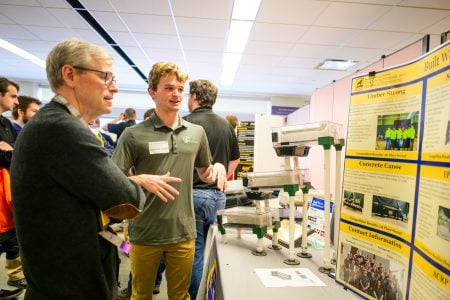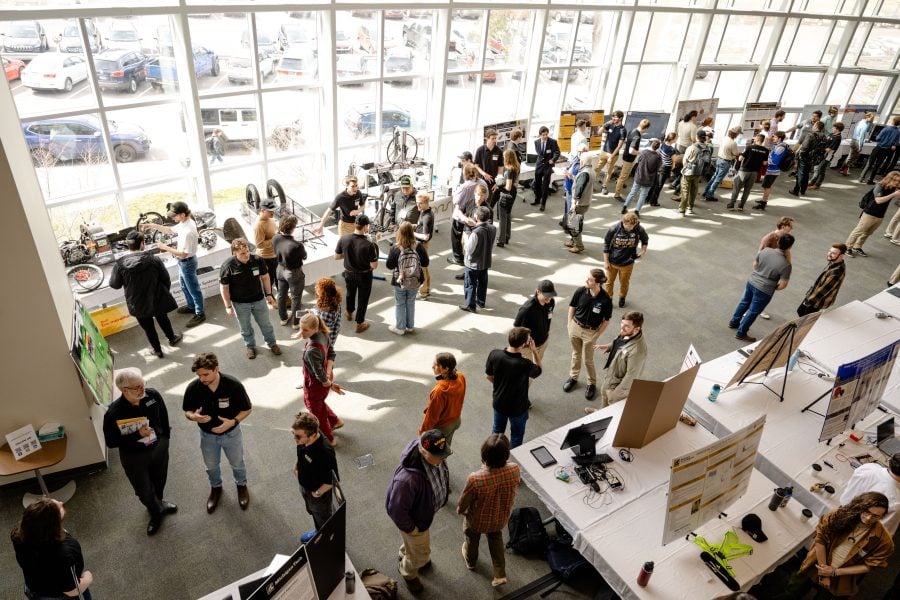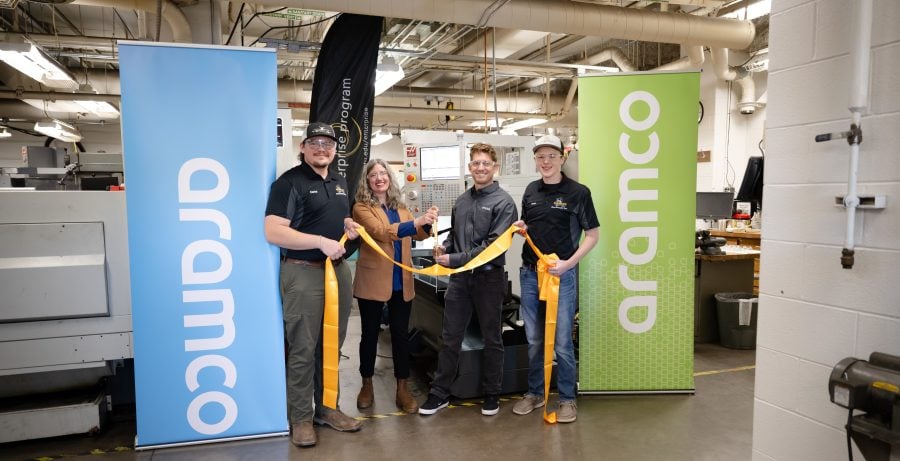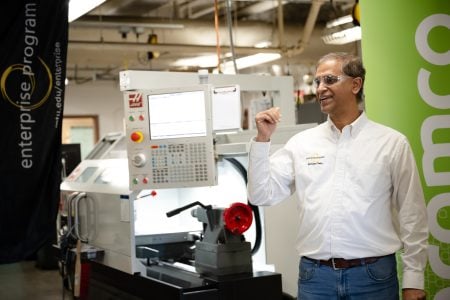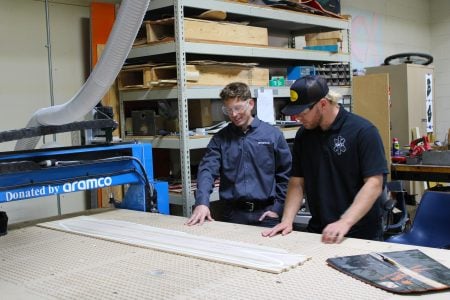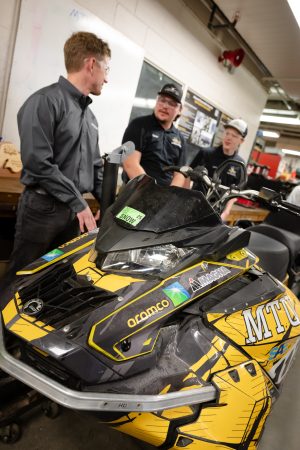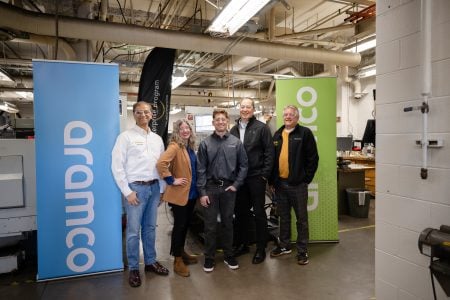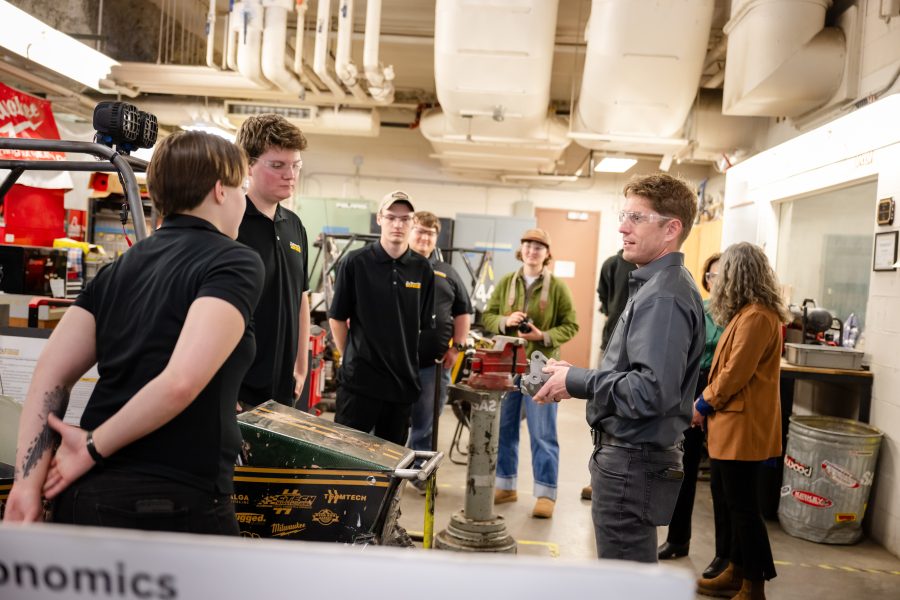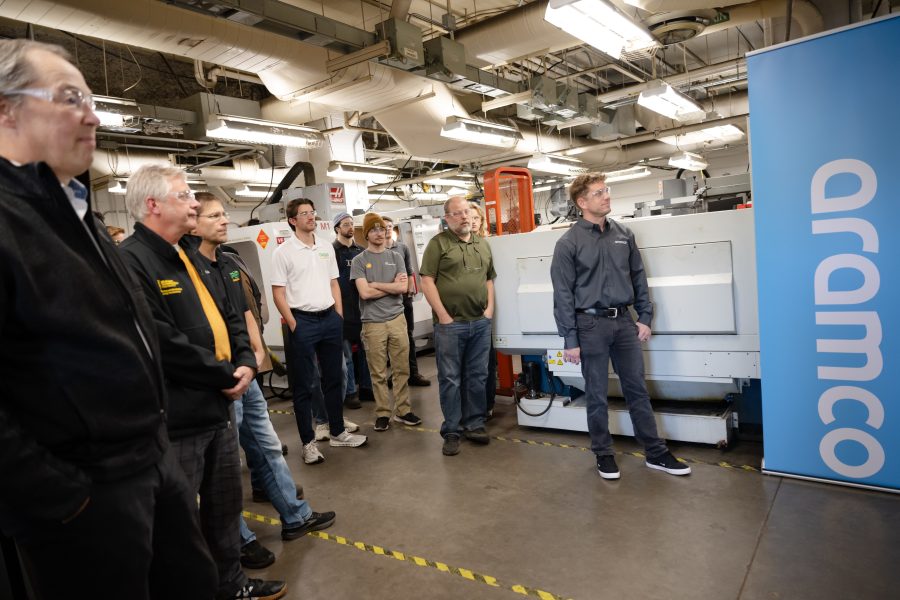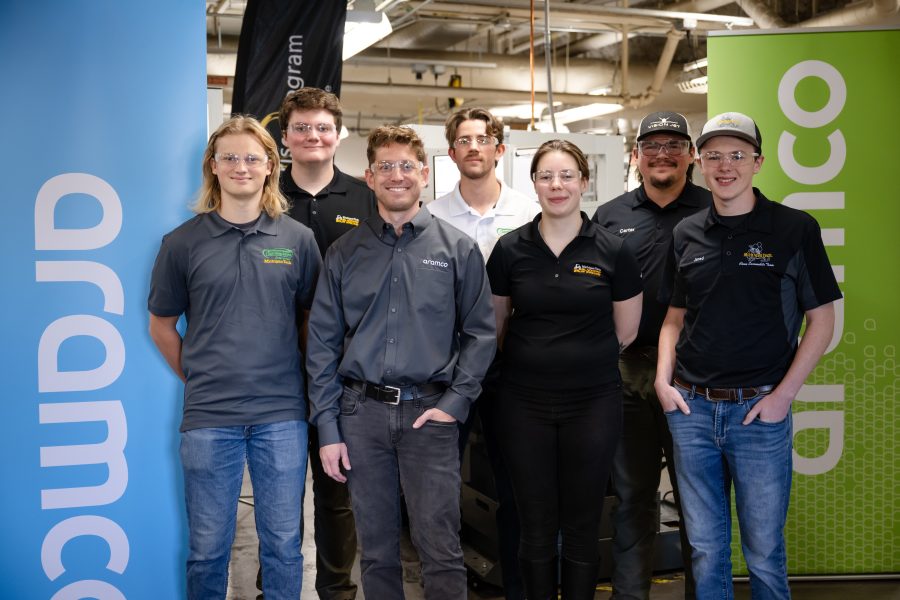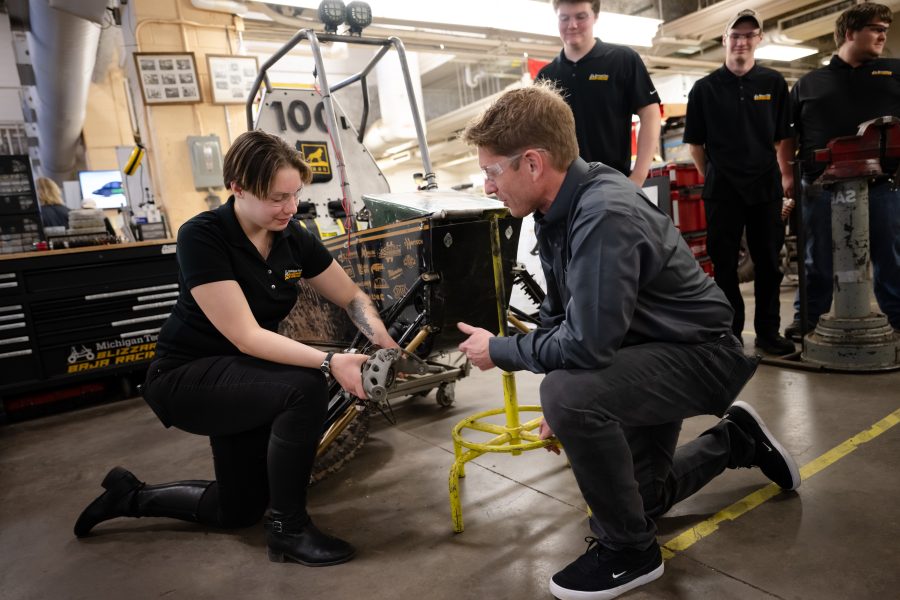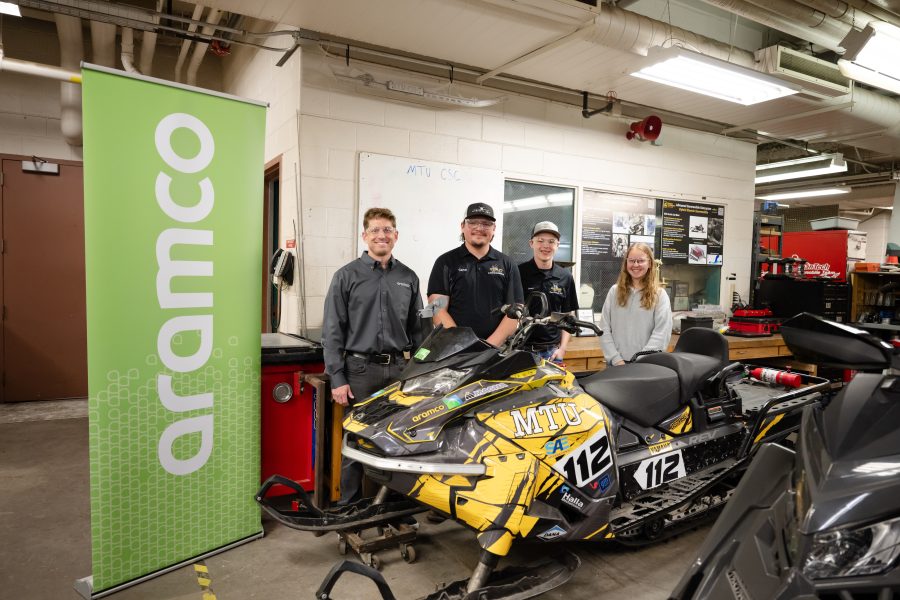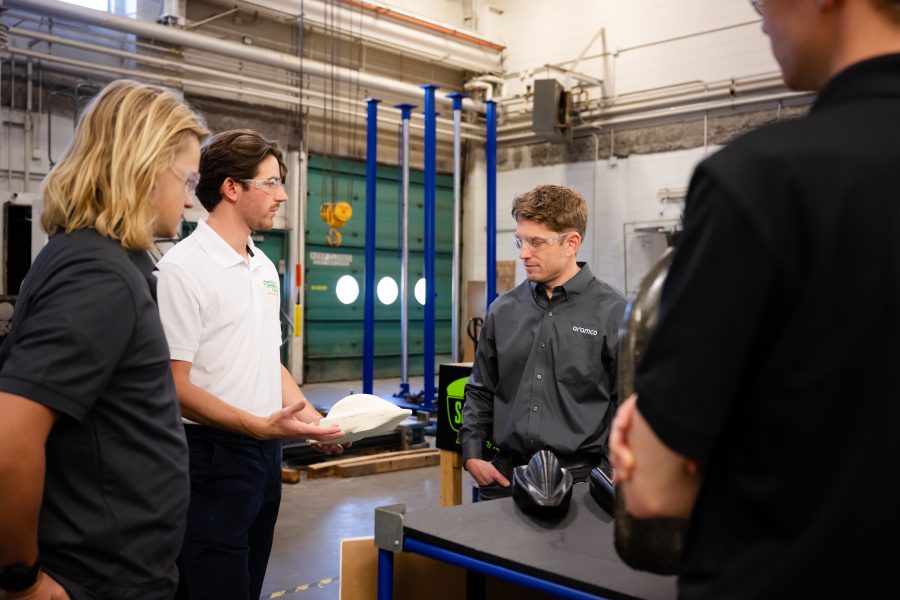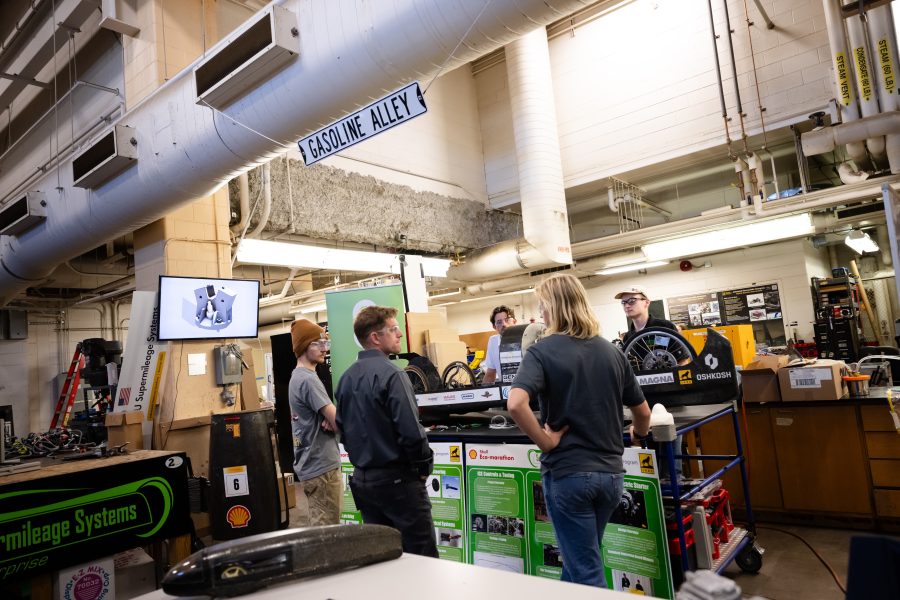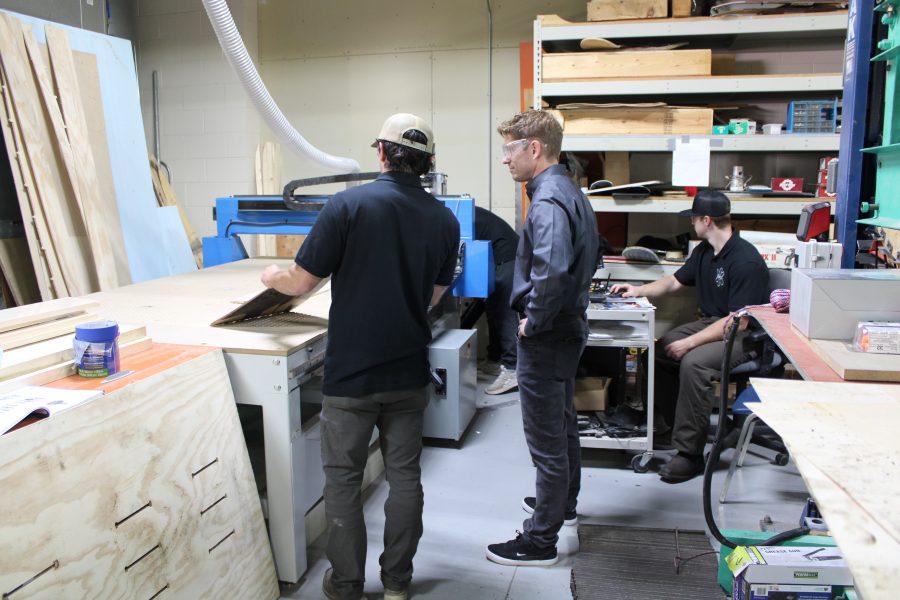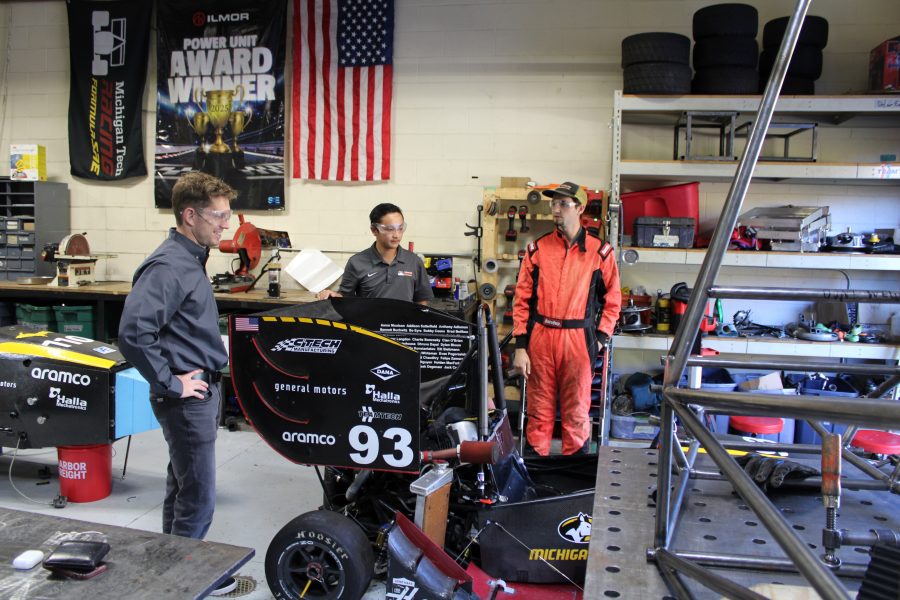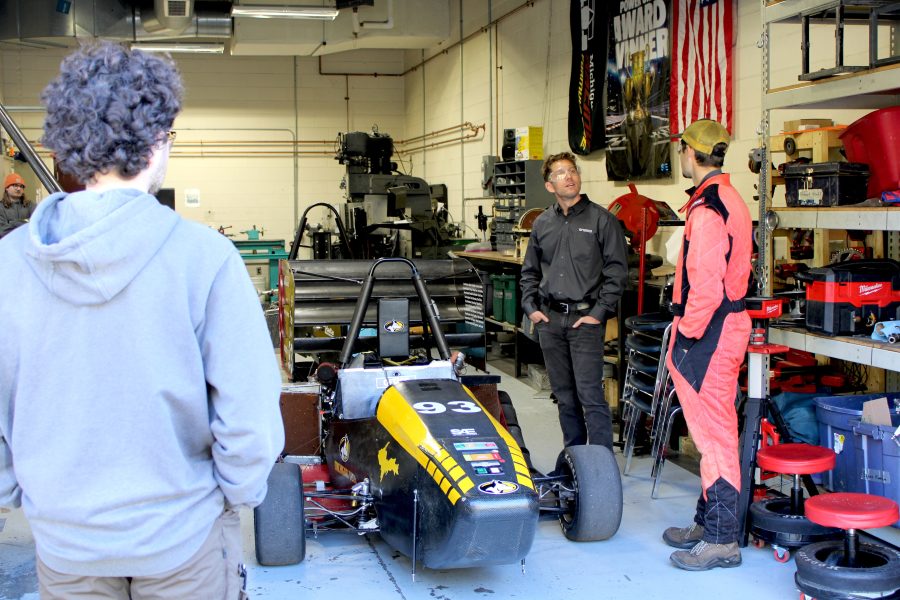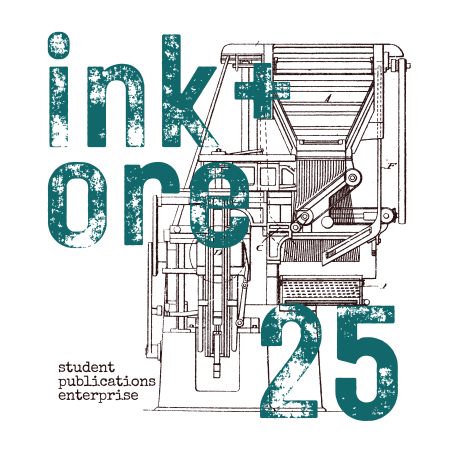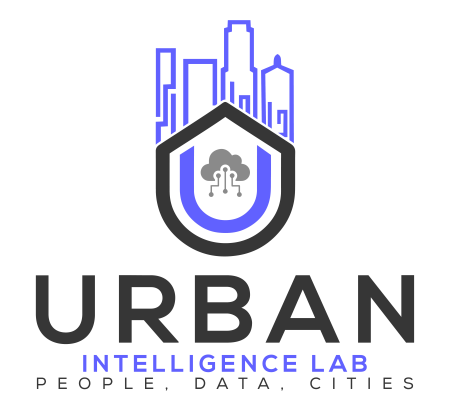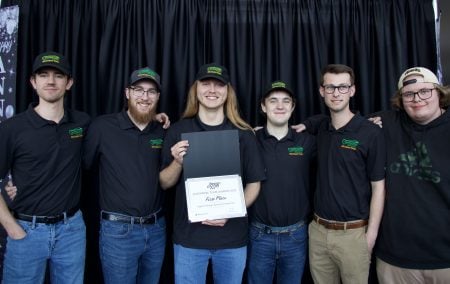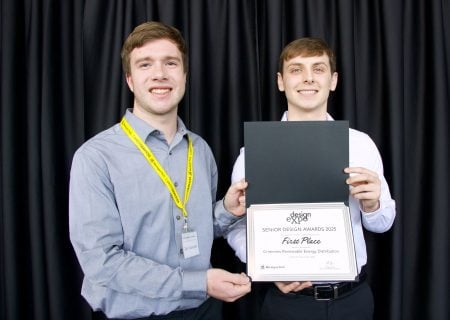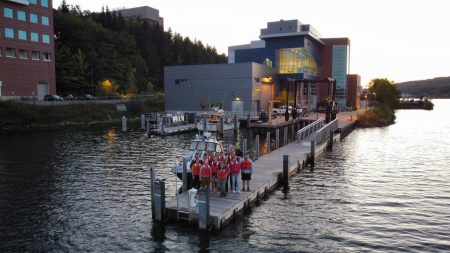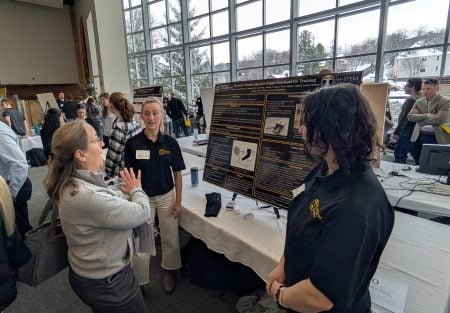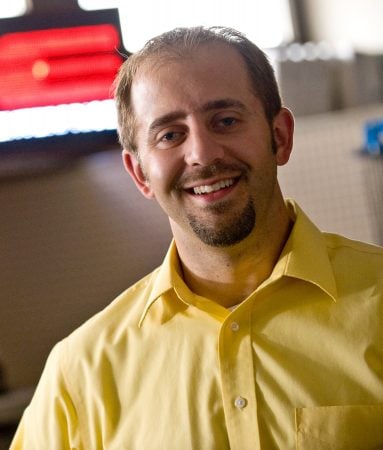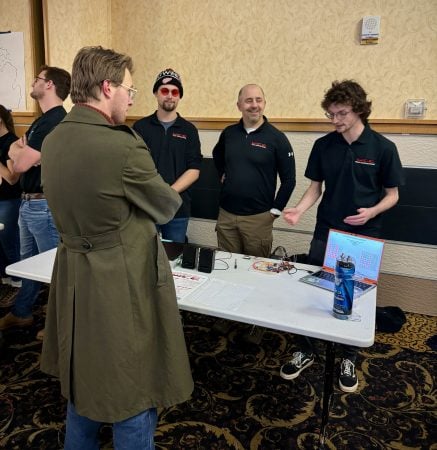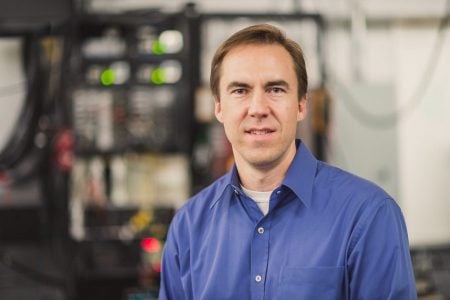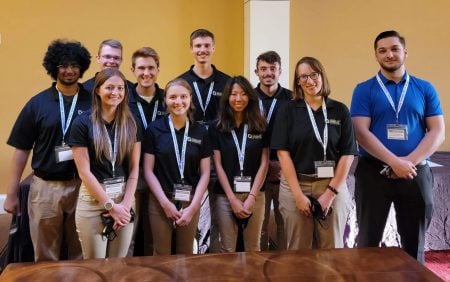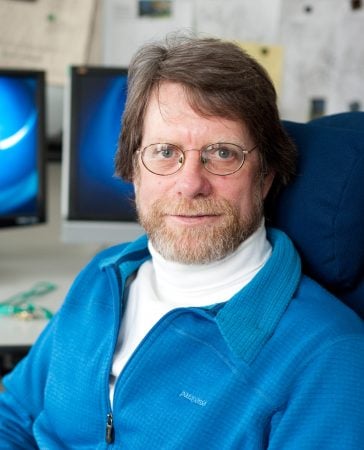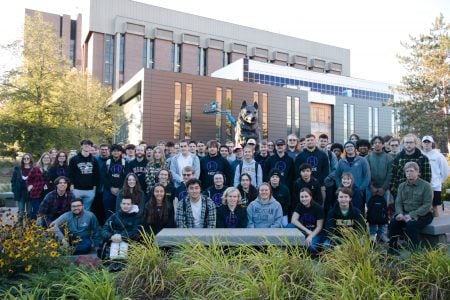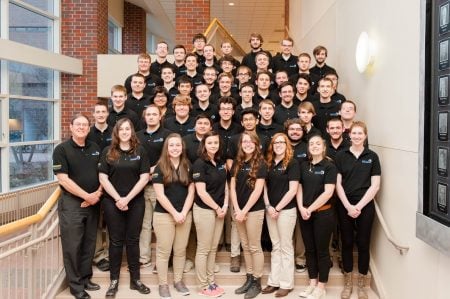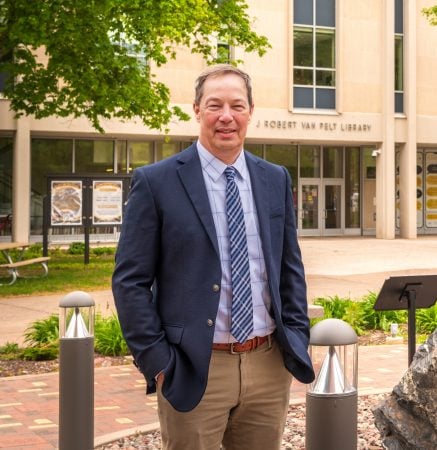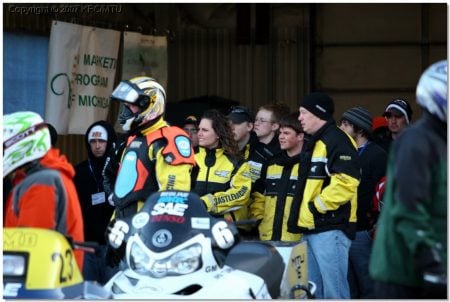Each spring, Michigan Tech students take what they have learned in classrooms, labs, and team spaces and bring it fully to life. On Tuesday, April 14, the campus community and the public are invited to see that work firsthand at Michigan Tech’s Design Expo, a signature event that highlights the creativity, technical skill, and persistence of our undergraduate students.
Design Expo showcases more than 70 Enterprise, Senior Design, and capstone projects representing every college at Michigan Tech. Together, these projects tell a powerful story about what our students are capable of when they are given meaningful problems to solve, real-world constraints to work within, and the freedom to innovate.
Share Your Work, Tell Your Story: Participate as a Student
For students, Design Expo is more than a showcase—it is a milestone. It is an opportunity to step back and see the full scope of their work, often after months or years of design, testing, iteration, and teamwork. Presenting at Design Expo allows students to practice clearly communicating complex ideas, defend design decisions, and demonstrate professionalism to audiences that include industry leaders, alumni, and community members.
Students also receive valuable feedback from judges who bring industry and professional perspectives into the conversation. These interactions help students refine their thinking, gain confidence, and better understand how their work translates beyond the classroom. For many, Design Expo is their first experience presenting at a professional-level exhibition—and a moment that affirms their growth as emerging engineers, designers, and problem-solvers.
Students interested in participating can register their project through March 16. This is a chance to highlight hard work, celebrate collaboration, and share accomplishments with a broad and engaged audience.
Help Shape the Next Generation of Professionals: Serve as a Design Expo Judge
Design Expo would not be possible without the time, expertise, and generosity of its judges. Industry professionals, alumni, and community members who serve as judges play a vital role in shaping the student experience.
Judging offers a meaningful way to give back—to support hands-on, discovery-based learning and to help guide the next generation of professionals. Judges bring real-world insight to student projects, offer constructive feedback, and share knowledge that students will carry forward into their careers. At the same time, judges have the opportunity to reconnect with Michigan Tech, build new professional relationships, and witness the remarkable talent emerging from today’s classrooms and project teams.
Those interested in judging are encouraged to learn more and sign up to participate.
Experience Innovation in Action: Attend Design Expo
For attendees, Design Expo offers a rare glimpse into the day-to-day work happening behind the scenes at Michigan Tech. The projects on display are ambitious, thoughtful, and often surprising—addressing real challenges through creativity, technical excellence, and collaboration.
Whether you are an alumnus, industry partner, community member, or prospective student, Design Expo is a chance to see what Michigan Tech students are building, testing, and imagining. It is a celebration of learning made visible—and a reminder of the impact that student-driven innovation can have far beyond campus.
Event Details
Design Expo
Tuesday, April 14, 2026 | 10 a.m.–2 p.m.
Van Pelt and Opie Library (First Floor)
Memorial Union Building Ballroom
A reception and awards ceremony will follow from 2:30–4:30 p.m. at the Rozsa Center for the Performing Arts.
All events are free and open to the public.
We invite you to join us in celebrating the dedication, ingenuity, and hard work of Michigan Tech students at Design Expo. Come be inspired by what they are creating—and by what the future holds.
